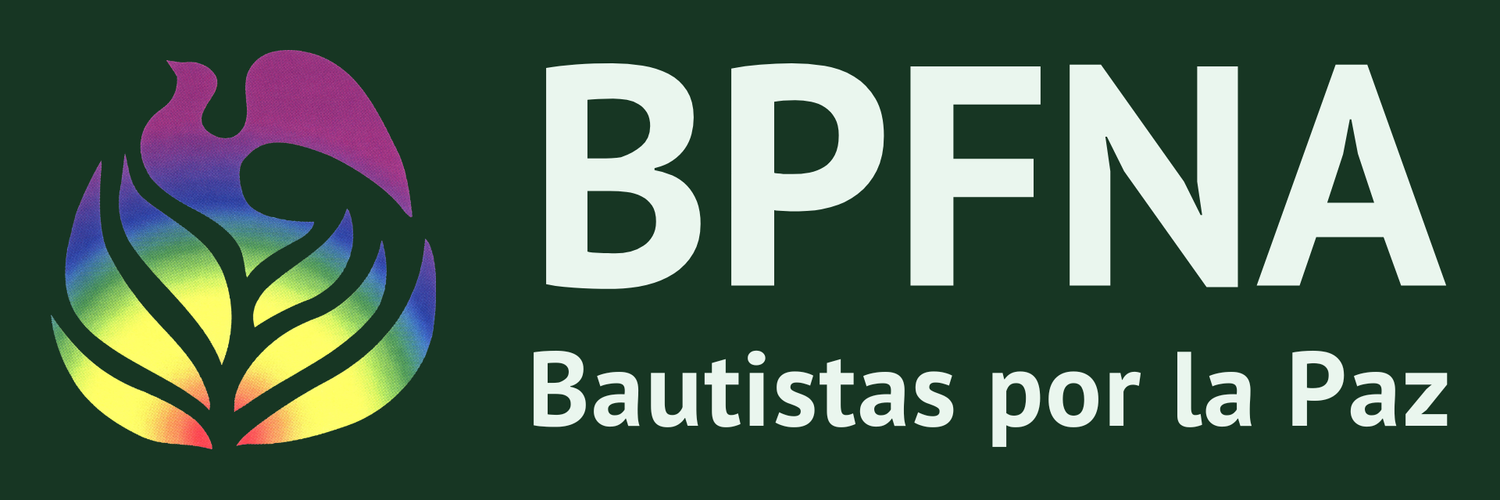Let’s Keep Our Focus on Gaza
“I don’t gotta wonder too hard no more.”
Last week, Pastor Trey Ferguson of Refuge Church in Miami tweeted “I’ve often wondered what it would be like to witness certain movements in the US. Like the student protests of the war in Vietnam. I don’t gotta wonder too hard no more.”
He’s right. We don’t gotta wonder too hard either.
In the last few weeks, many of us have watched protests swell on college campuses against the war in Gaza. Since April, university students from Toronto to Rio Piedras, Los Angeles to Mexico City have raised their voices, camping together in community, and facing police action for their witness.
Some, like Rev. Al Sharpton, have criticized the student protestors, saying they have “lost the message.” This is only a fair criticism if the issue of the war in Gaza has become secondary to the issue of the constitutional right of public protesting. As peacemakers, our sights should always be set toward solidarity with people clamoring for justice.
So in the vein of focusing on the message, let’s remind ourselves why these students are encamping around the world. Following the brutal terrorist attacks by Hamas on October 7, where 1,143 persons were killed (767 civilians including 36 children) and 253 persons were taken hostage, the Israeli military has responded with a brutal war in Gaza.
33,137 Palestinians have been killed in Gaza; more than 13,000 of these casualties have been children.
456 Palestinians have been killed in the West Bank, approximately 1,200 people have been killed in the State of Israel, and at least 343 people have been killed in Lebanon.
56% percent of the structures in Gaza have been “likely damaged and destroyed.”
90% of school buildings in Gaza have been damaged and 100% of the student population has been without school for six months.
Only 10 out of 36 hospitals are functioning.
227 mosques and 3 churches have been damaged.
1.7 million people (70% of the population of Gaza) have been displaced due to the war. This is the same population as the cities of Montreal, Canada, Phoenix, U.S., and Puebla, Mexico. It’s half of the population of Puerto Rico.
1.1 million people in Gaza face “catastrophic” food insecurity and famine according to the U.N.
This is the message. As an organization committed to peacemaking, we denounce any police action against people protesting peacefully in their context, raising their voices, and taking space to embody peace. We also recognize that the ultimate goal is to bring an end to this brutal war in Gaza. Our goal is to advocate for the rights of Palestinians as stateless people; this is what we must dream about and fight for as followers of peace with justice.
On Thursday, May 16, at 10 AM PT / 1 PM ET, churches that have signed the Apartheid-Free Churches and Faith Communities pledge are invited to send one representative to a conversation on ways each of us are living out the pledge to end apartheid in the State of Israel. This is an opportunity to strategize on ways we can support one another in our commitment to work together to end all support of Israeli apartheid. I invite you to contact me if you’d like to send a representative of your community.
Below, I share some reflections from BPFNA staff, board, and congregational leaders on the student protests in their respective contexts. I urge you to continue to pray for those raising their voices in solidarity with the Palestinian people.
If you’re interested in this subject, stay tuned for an in-depth interview with some US-Canada encampments. Coming soon to the Baptist Peacemaker.
We don’t gotta wonder too hard no more about what protests might look like. It’s up to us today to keep our imaginations for peace on the situation on the ground in Gaza, in solidarity with victims and working for peace with justice.
“The students who are protesting the genocide in Gaza are a real sign of hope for the future. I have not seen this much advocacy demanding justice for Palestine in the last 30 years. Their tenacity in standing up for what is right despite the repression they face is an example for all of us to follow.”
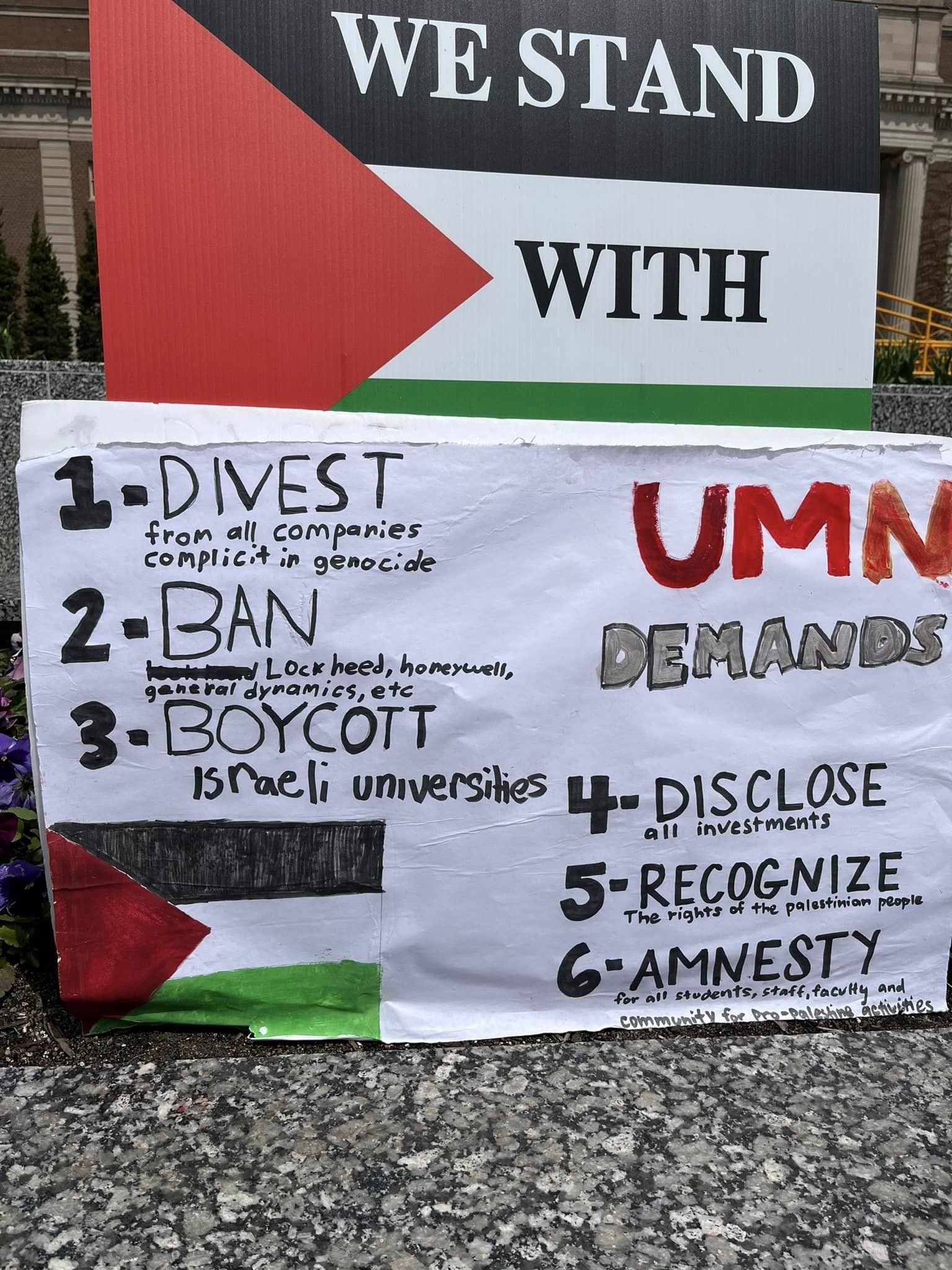
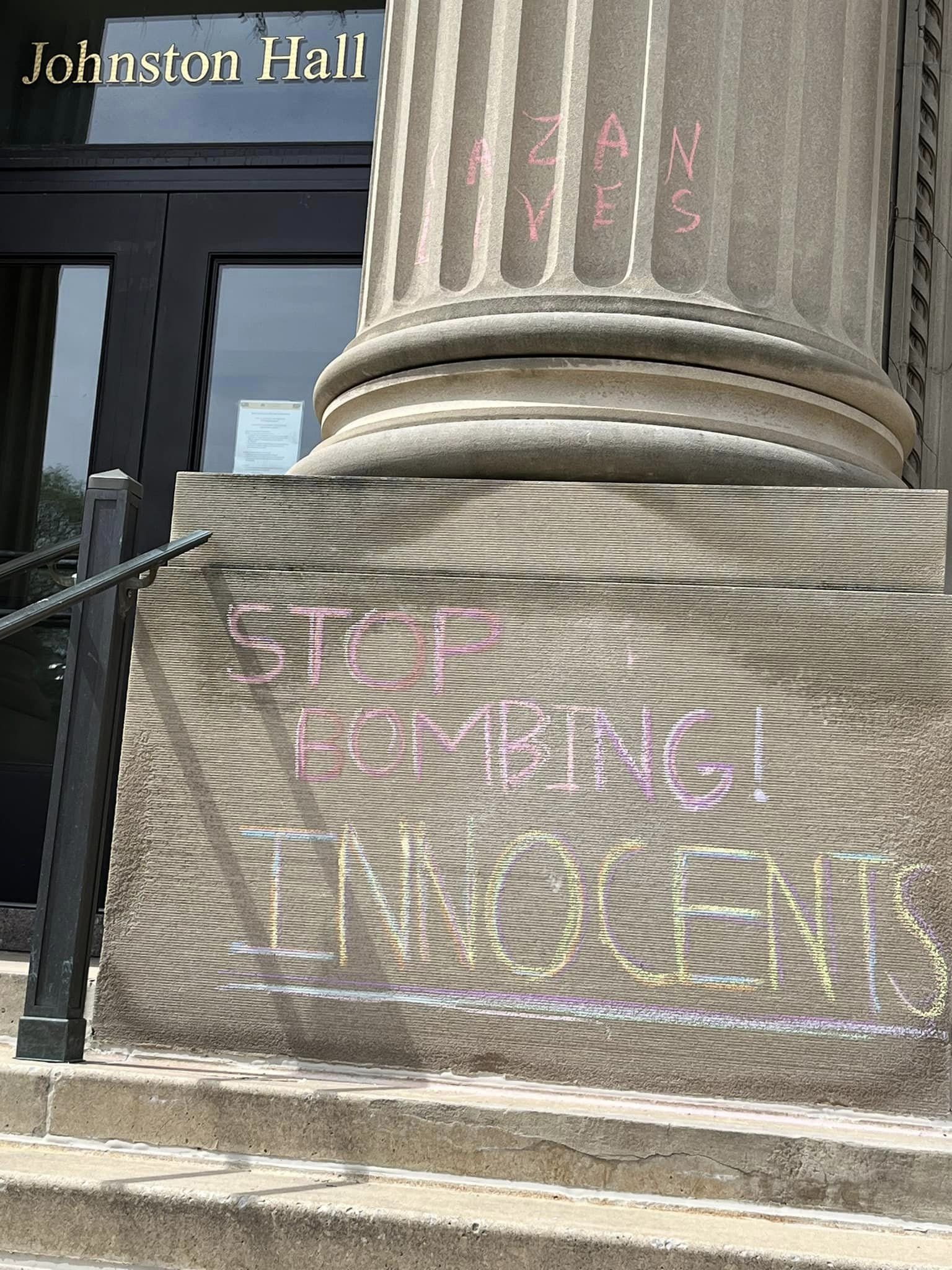
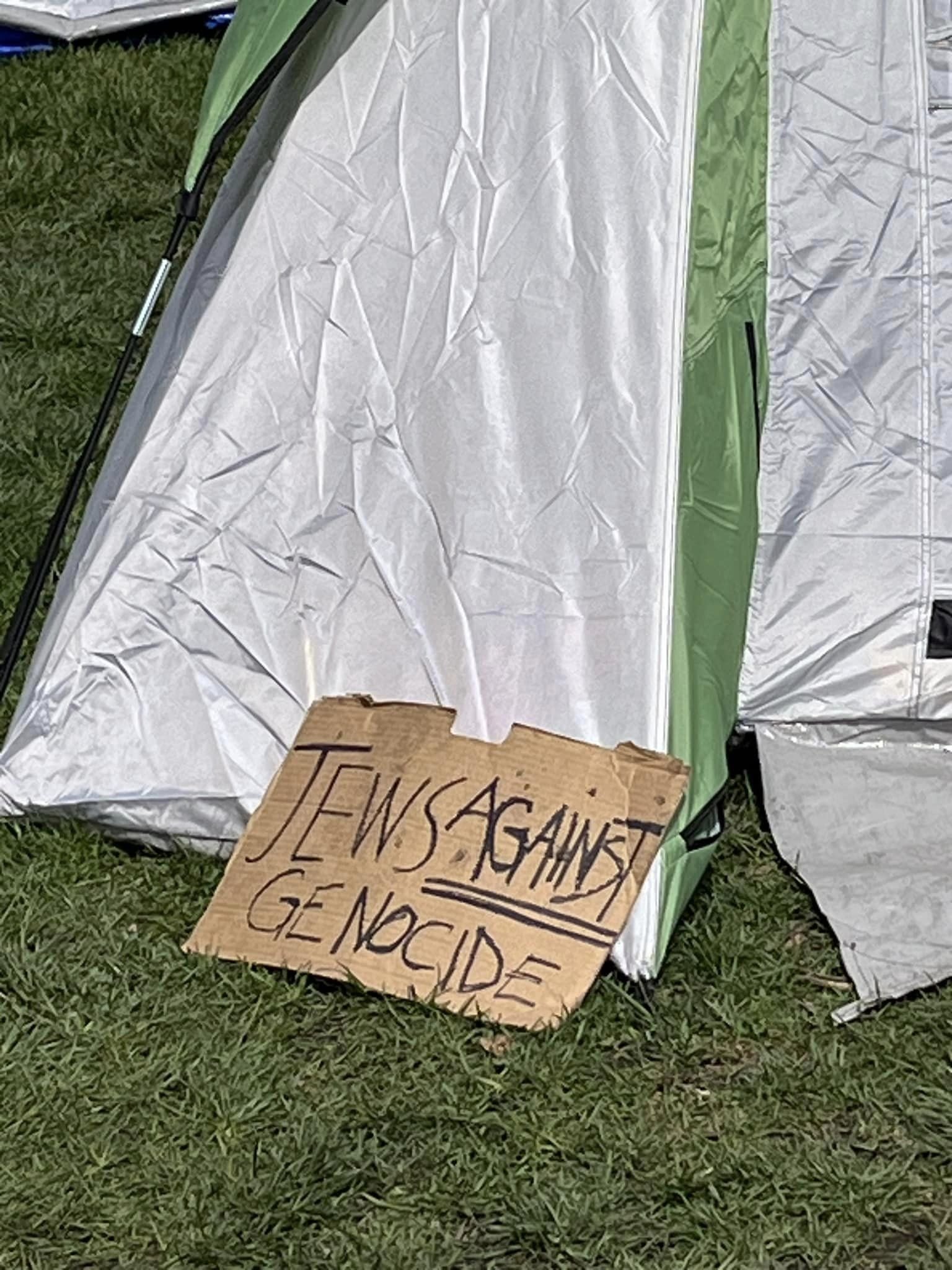
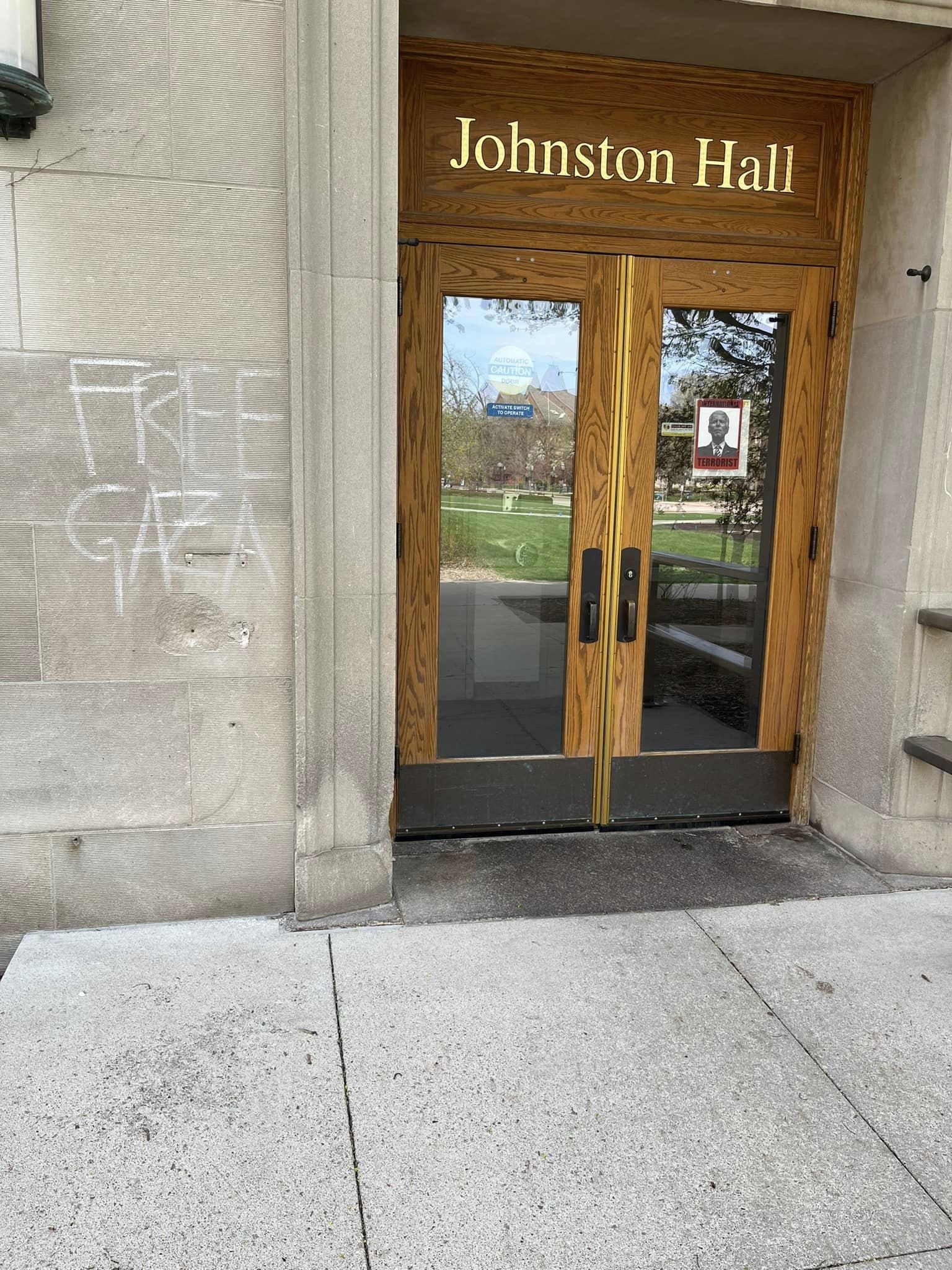
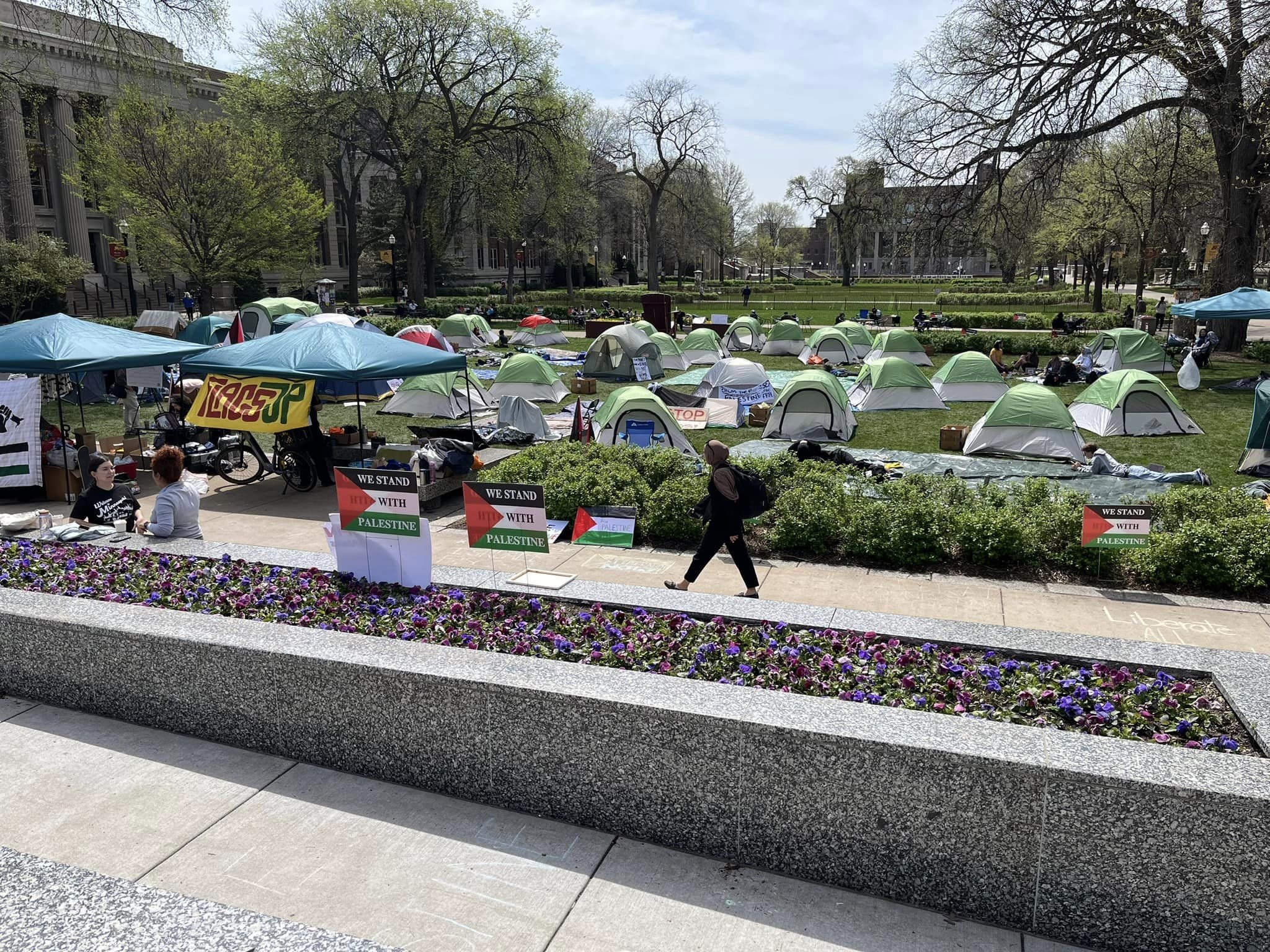
“While many people chanted pro-Palestinian slogans, there were also Jewish students who held banners saying "Not in our name." Nine people were arrested, all students. I met the mother of one of them who drove three hours to support her daughter. No violence has occurred. Because of their activism, the students brokered a deal with the University to have the divestment issue be discussed at the next Board of Regents meeting.” -Doug Donley, Pastor of University BC, Minneapolis, on the protests at the University of Minnesota.




“Campers at the University of North Carolina at Charlotte were building community. People of different religions and ethnicities shared food and fellowship as they learned about issues relating to the war and occupation. They regularly held strategy sessions to discuss how best to accomplish their goals: disclosure of institutional investments and divestment from projects that collaborate in Palestinian colonization, such as the University’s archaeological partnership with the Israeli government. Although police broke down the campsite and arrested a protester, organizers continue to plan actions like press conferences and marches.” - Erica Saunders, BPFNA Communication Manager on protests in Charlotte
